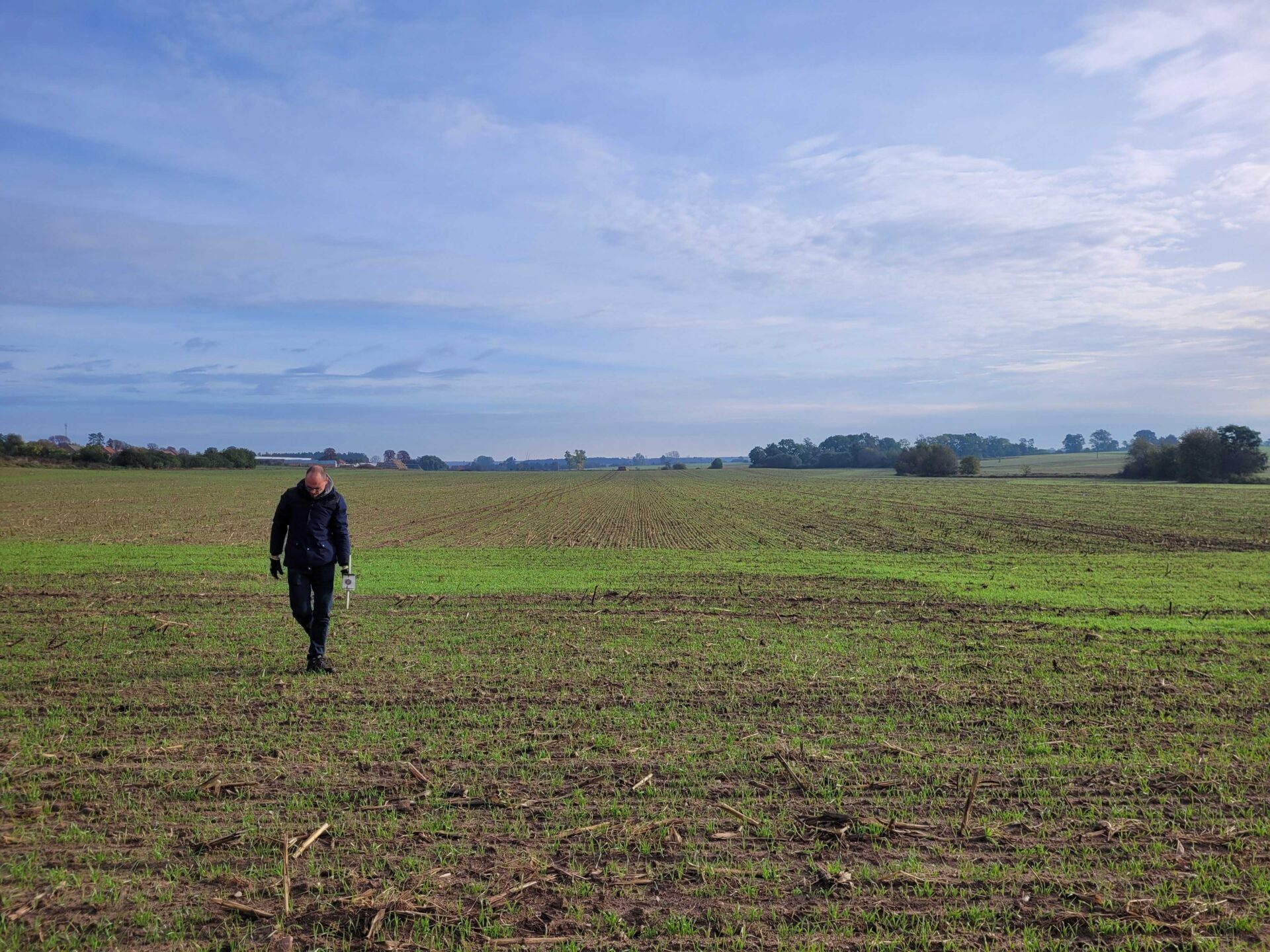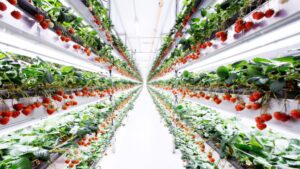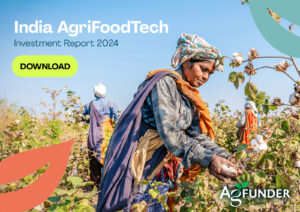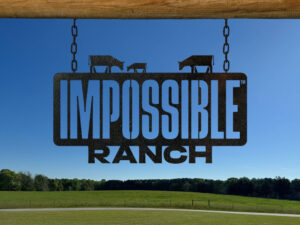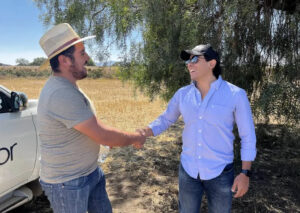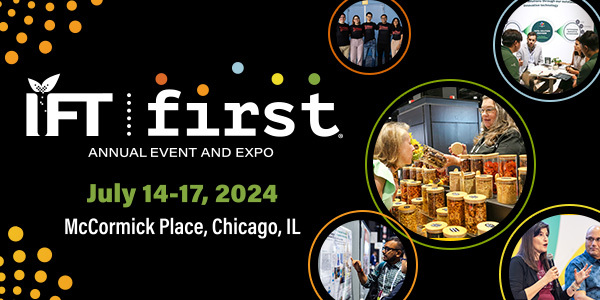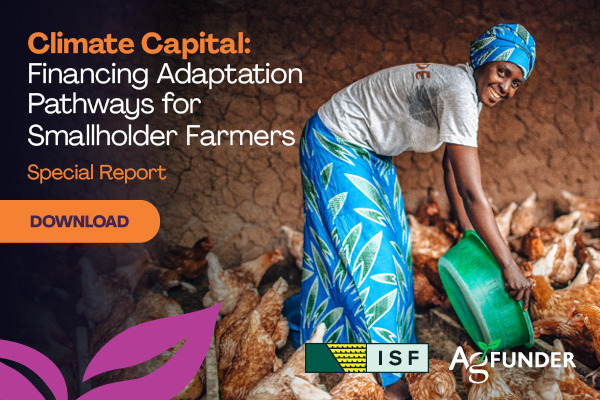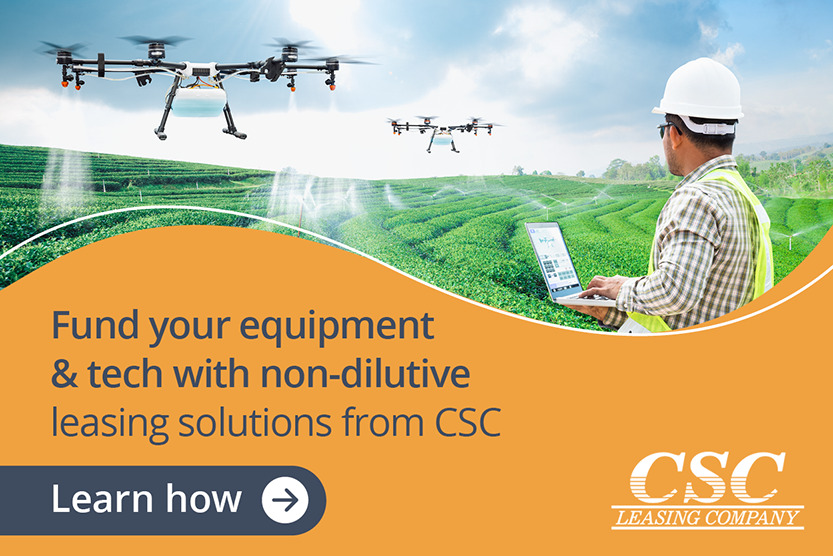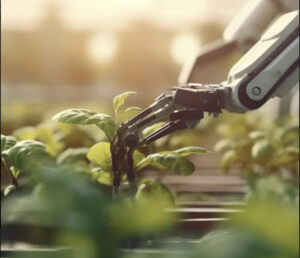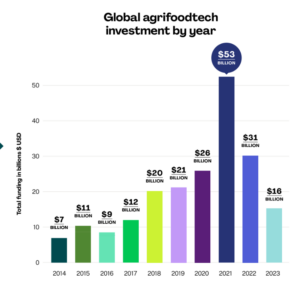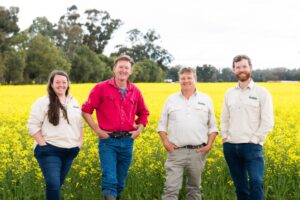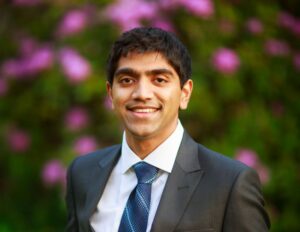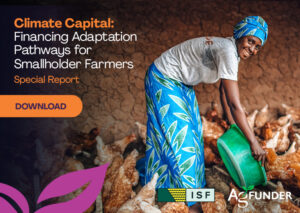In 2023, the European Commission adopted a bundle of sustainability measures that included, among other things, new legislation that would require EU member states to monitor the health of their soils and fertilizer use. The Soil Monitoring Law will in effect give soil similar protections received by air and water and enable the capture of more CO2. It will also, in all likelihood, translate to more regenerative agriculture practices implemented around the continent.
First, however, farmers have to actually shift to those practices, which is no small feat for smaller operations. HeavyFinance, which launched in 2020 as an alternative financier for agricultural businesses, addressed this challenge recently when it announced a new €50 million ($54 million) fund to support small- and medium-sized farmers in Europe through this transition.
“Farmers are facing unprecedented challenges due to climate change, but they are also at the forefront of finding innovative nature-based solutions,” says HeavyFinance CEO Laimonas Noreika. “This fund represents a crucial step in HeavyFinance’s commitment to eliminating one gigaton of carbon dioxide from the atmosphere by 2050.”
HeavyFinance currently operate in five markets: Lithuania, Latvia, Poland, Bulgaria, and Portugal. It also recently added a portion of Ukraine.
According to Noreika, the firm, which also operates an investment marketplace, has more than 500,000 hectares (around 1.2 million acres) enrolled in its carbon farming program across 2,500-plus farmers.
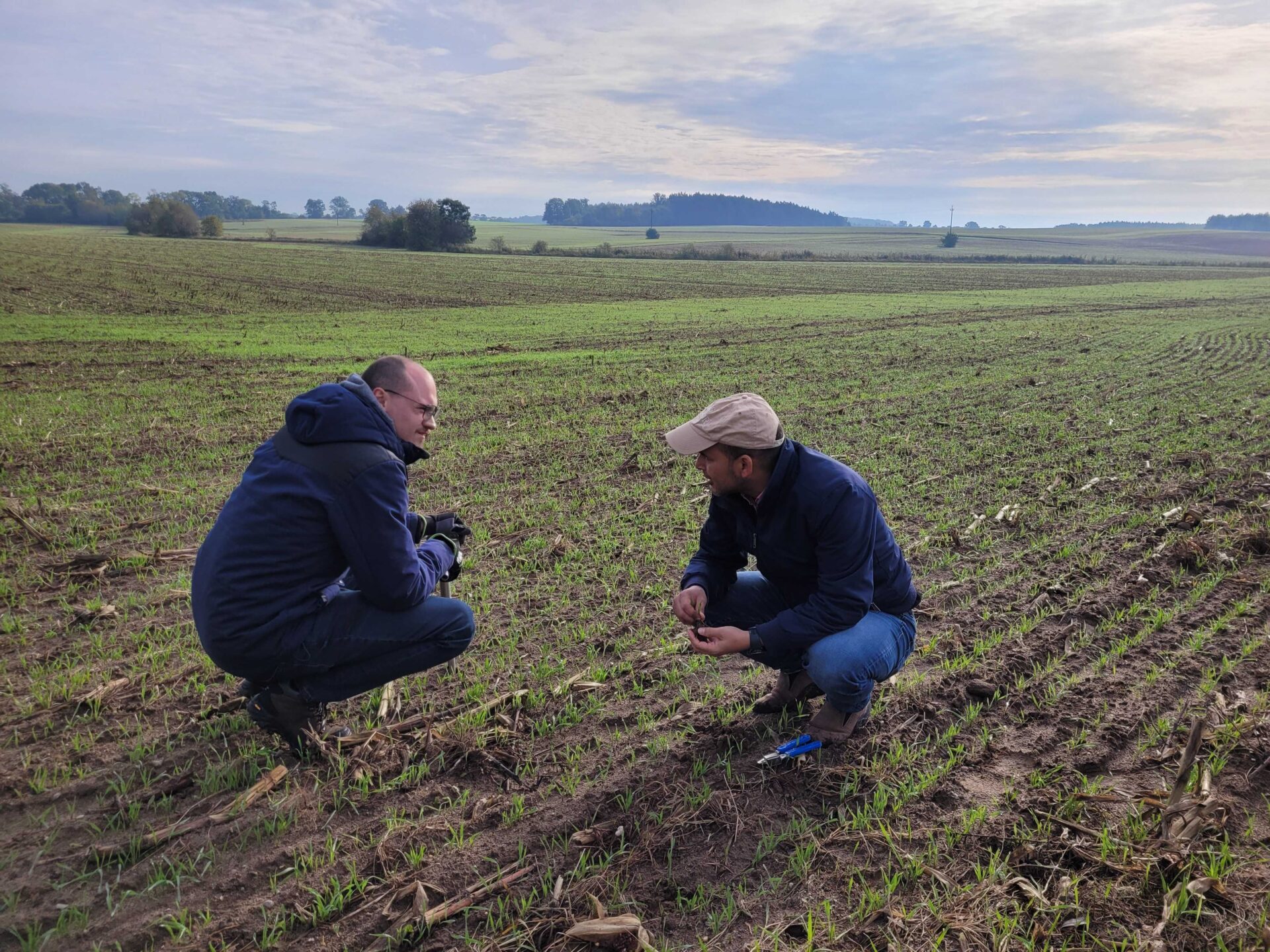
‘Now more than ever, farmers need additional capital’
According to a 2023 survey by the European Commission, 83% of all farmers in the EU have experienced increased production costs but only 12% have “significantly” increased their selling prices. The total financing gap for EU agriculture is now €62 million ($67 million).
Noreika says a big reason for this is that traditional financial institutions (e.g., banks) generally prefer to deal with larger customers than small- and medium-sized farms.
“Our math shows that for a traditional financial institution to provide a loan smaller than €60,000 is [negative profitability per one unit economics]. So they really try to avoid it,” he notes.
Compounding the issue are the impacts of the war in Ukraine. Farmers face not only increased fertilizer prices but also reduced output prices due to “a huge flow of stolen grain from Ukraine through the borders of Europe.”
He adds: “Farmers have really struggled in recent years. As well, we have incoming green policies from EU regulators and an additional push for farmers to convert grain lands to grasslands. So now more than ever, farmers need additional additional capital.”

Supporting Europe’s breadbasket
HeavyFinance is targeting €50 million with the Article 9 fund that will support small- and medium-sized farmers in Bulgaria, Latvia, Lithuania, Poland and Portugal.
The European Investment Fund, backed by InvestEU, has already committed €20 million ($21.5 million) to the fund as a cornerstone investor.
“All credit goes to them. They are the ones who initiated the project,” says Noreika, adding that EIF’s contribution will help attract additional investors, both public and private.
HeavyFinance will start to deploy the funds during the fourth quarter of 2024.
The fund will support mainly grain producers that have either started regenerative farming practices or are in the process of starting.
For example: “If the farmer is willing to buy machinery needed to do no-till, that’s what we finance,” says Noreika. “If the farmer is willing to change his old tractor for a best in class [i.e., equipment that pollutes less] we support him as well because there’s a clear data proof that this doesn’t remove CO2, it avoids CO2.”
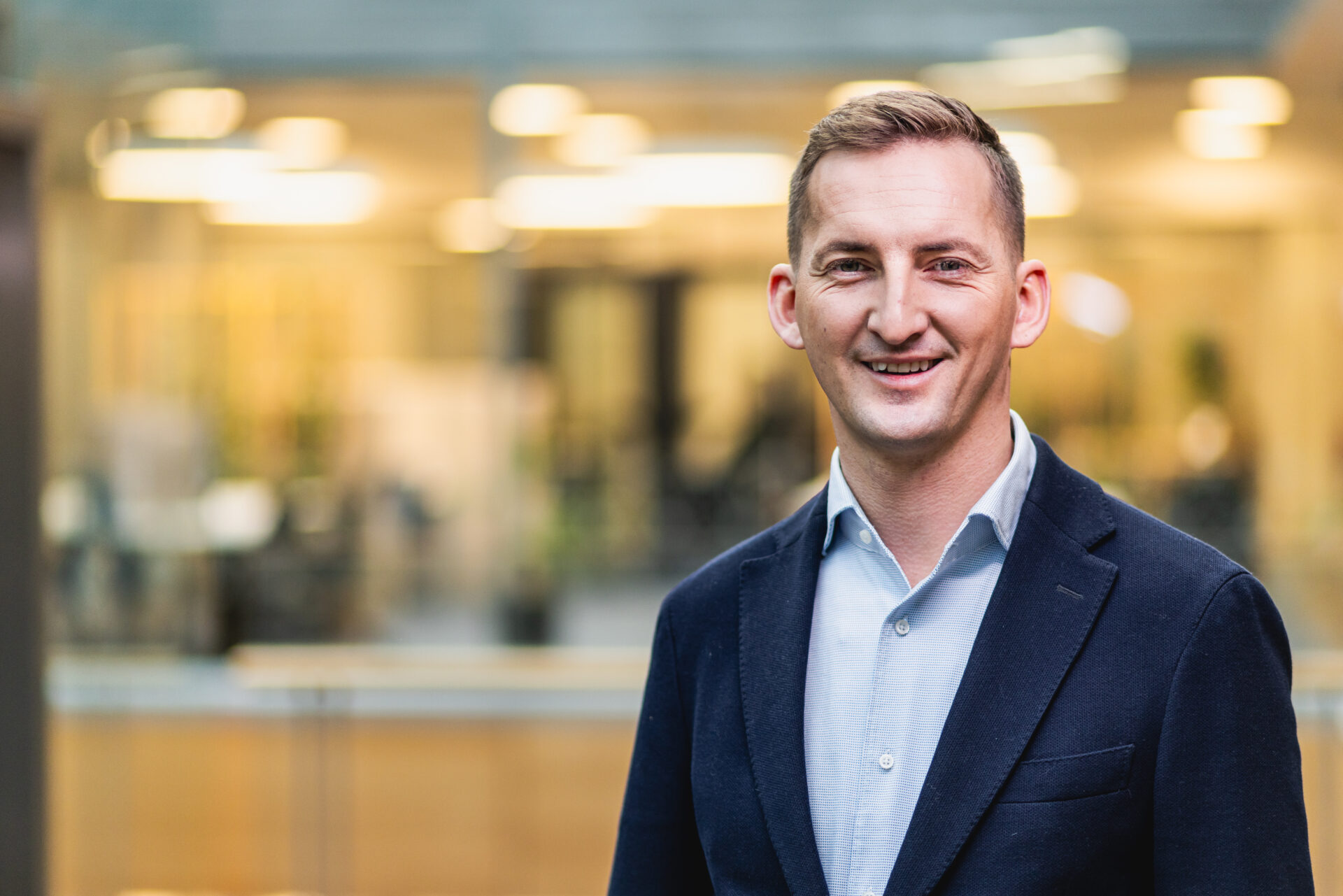
The HeavyFinance model
Outside of the new fund, HeavyFinance currently operates as a marketplace connecting investors, both private and institutional, to European farmers that need financing to transition to regenerative agriculture practices. Investment opportunities on the platform are backed by heavy equipment as collateral (hence the name of the firm).
“As an organization, we really want to scale fast,” says Noreika. “We chose [the marketplace] because if you’re operating as a balance sheet lender, that puts you in a difficult position to grow fast because you have to raise debt, put it on your balance sheet, and that’s not the preferred way of doing business. We chose a marketplace model where we had cash-light business where we can grow fast and use different sources of funding.”
In 2023, HeavyFinance expanded its offerings to include carbon credits, announcing it would generate 250,000 carbon credits in the UK and Europe in 2024.
The firm also launched a green loan program in 2023, which is still in pilot phase. Farmers willing to switch from conventional farming methods to those aligned with regenerative (such as no-till and cover cropping) can get a zero-interest loan to expand those sustainable farming practices.
“We’re super proud of this product,” says Noreika, adding that HeavyFinance has already allocated €6 million to farmers through it.
To verify practices have actually been implemented, he says HeavyFinance takes “an approach where we measure everything.”
“HeavyFinance has now almost finished the last steps to become the largest-ever carbon stock soil sampler in Europe. We did more than 10,000 of these samples in Lithuania and Poland. We literally go on field and we measure things. That gives us data, which is needed.”
It also employs a measurement, reporting and verification [MRV] process that includes data from the field as well as government sources along with satellite data to ensure farmers are actually implementing regenerative practices.

